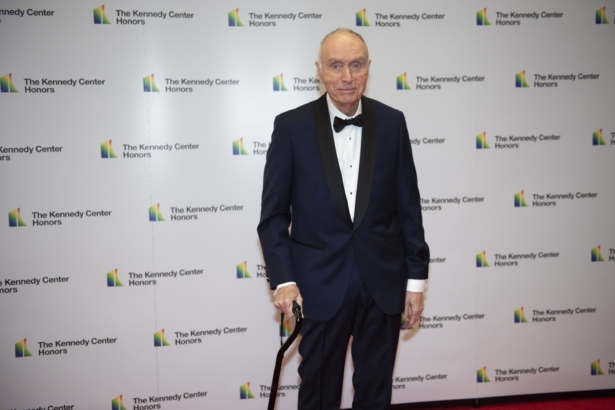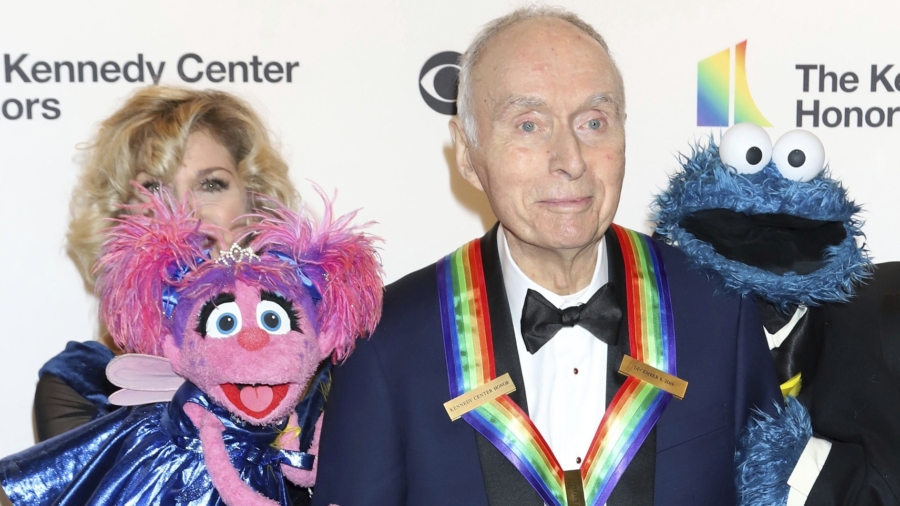NEW YORK—Lloyd Morrisett, the co-creator of the beloved children’s education TV series “Sesame Street,” which uses empathy and fuzzy monsters like Abby Cadabby, Elmo, and Cookie Monster to charm and teach generations around the world, has died. He was 93.
Morrisett’s death was announced Monday by Sesame Workshop, the nonprofit he helped establish under the name the Children’s Television Workshop. No cause of death was given.
In a statement, Sesame Workshop hailed Morrisett as a “wise, thoughtful, and above all kind leader” who was “constantly thinking about new ways” to educate.
Morrisett and Joan Ganz Cooney worked with Harvard University developmental psychologist Gerald Lesser to build the show’s unique approach to teaching that now reaches 120 million children. Puppeteer Jim Henson supplied the critters.
“Without Lloyd Morrisett, there would be no ‘Sesame Street.’It was he who first came up with the notion of using television to teach preschoolers basic skills, such as letters and numbers,” Cooney said in a statement. “He was a trusted partner and loyal friend to me for over 50 years, and he will be sorely missed.”
“Sesame Street” is shown in more than 150 countries, has won 216 Emmys, 11 Grammys, and in 2019 received the Kennedy Center Honor for lifetime artistic achievement, the first time a television program got the award (Big Bird strolled down the aisle and basically sat in Tom Hanks’ lap).
The company said upon the news of his death that Morrisett left “an outsized and indelible legacy among generations of children the world over, with ‘Sesame Street’ only the most visible tribute to a lifetime of good work and lasting impact.”

Born in 1929 in Oklahoma City, Morrisett initially trained to be a teacher with a background in psychology. He became an experimental educator, looking for new ways to educate children from less advantaged backgrounds. Morrisett received his bachelor’s at Oberlin College, did graduate work in psychology at UCLA, and earned his doctorate in experimental psychology at Yale University. He was an Oberlin trustee for many years and was chair of the board from 1975 to 1981.
He is survived by his wife, Mary; daughters Julie and Sarah; and granddaughters Frances and Clara.

